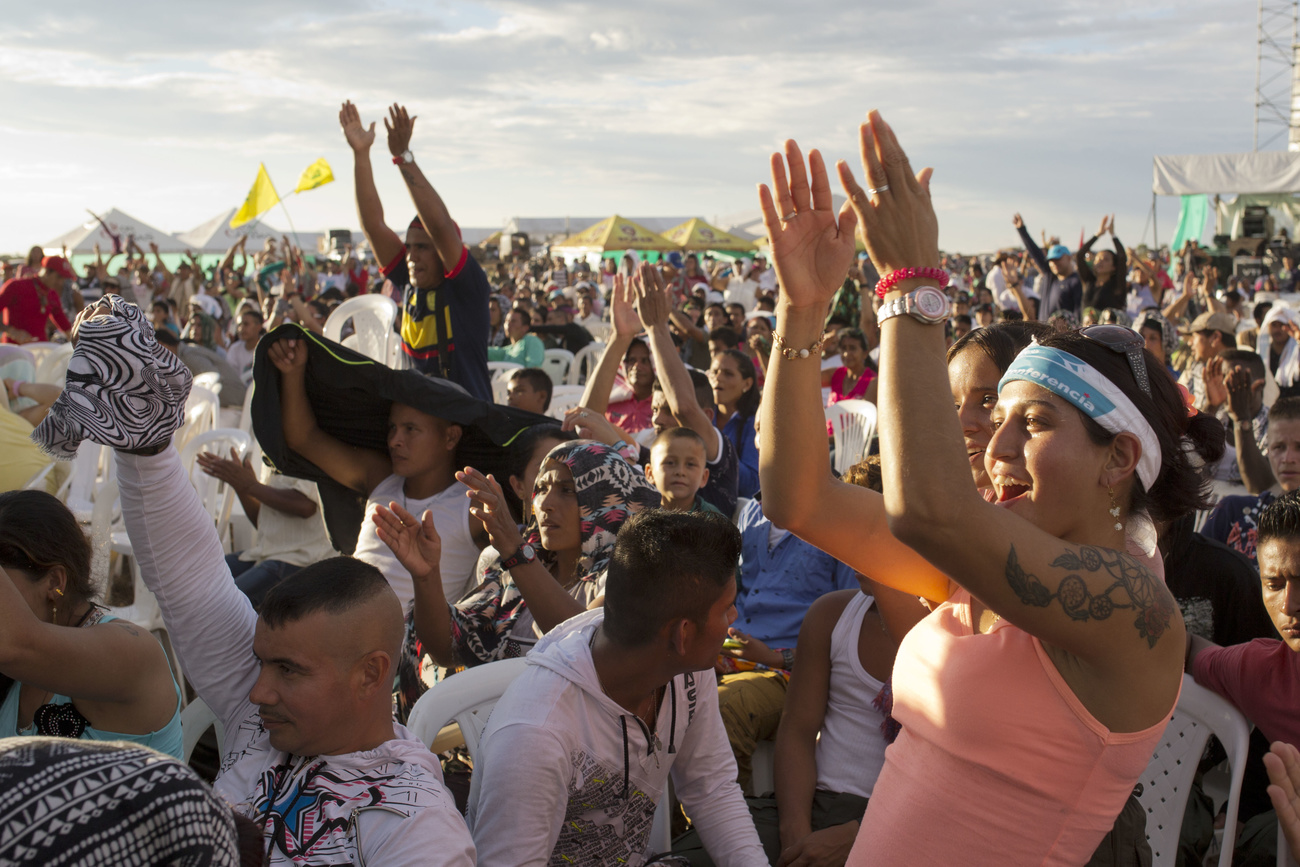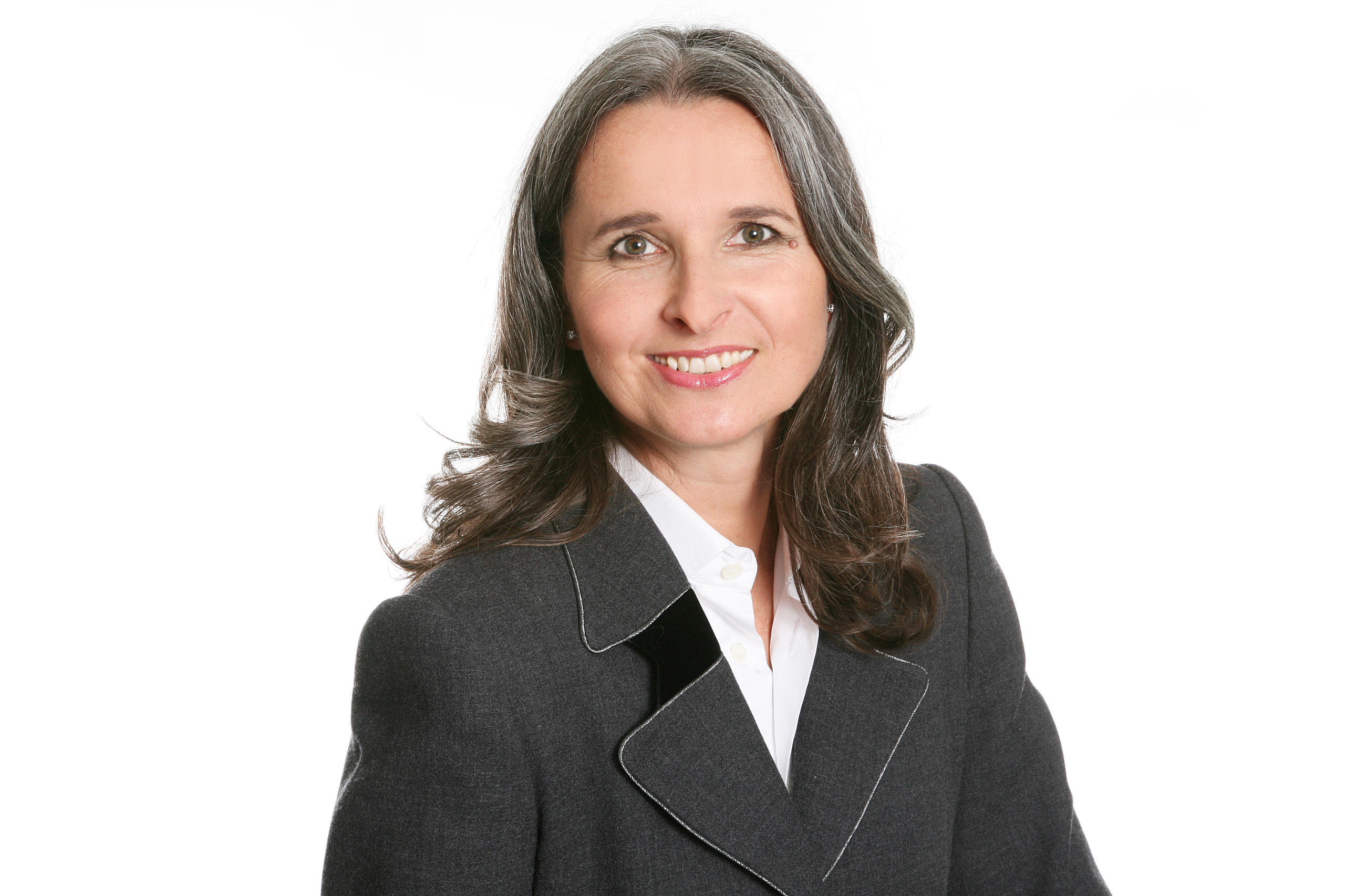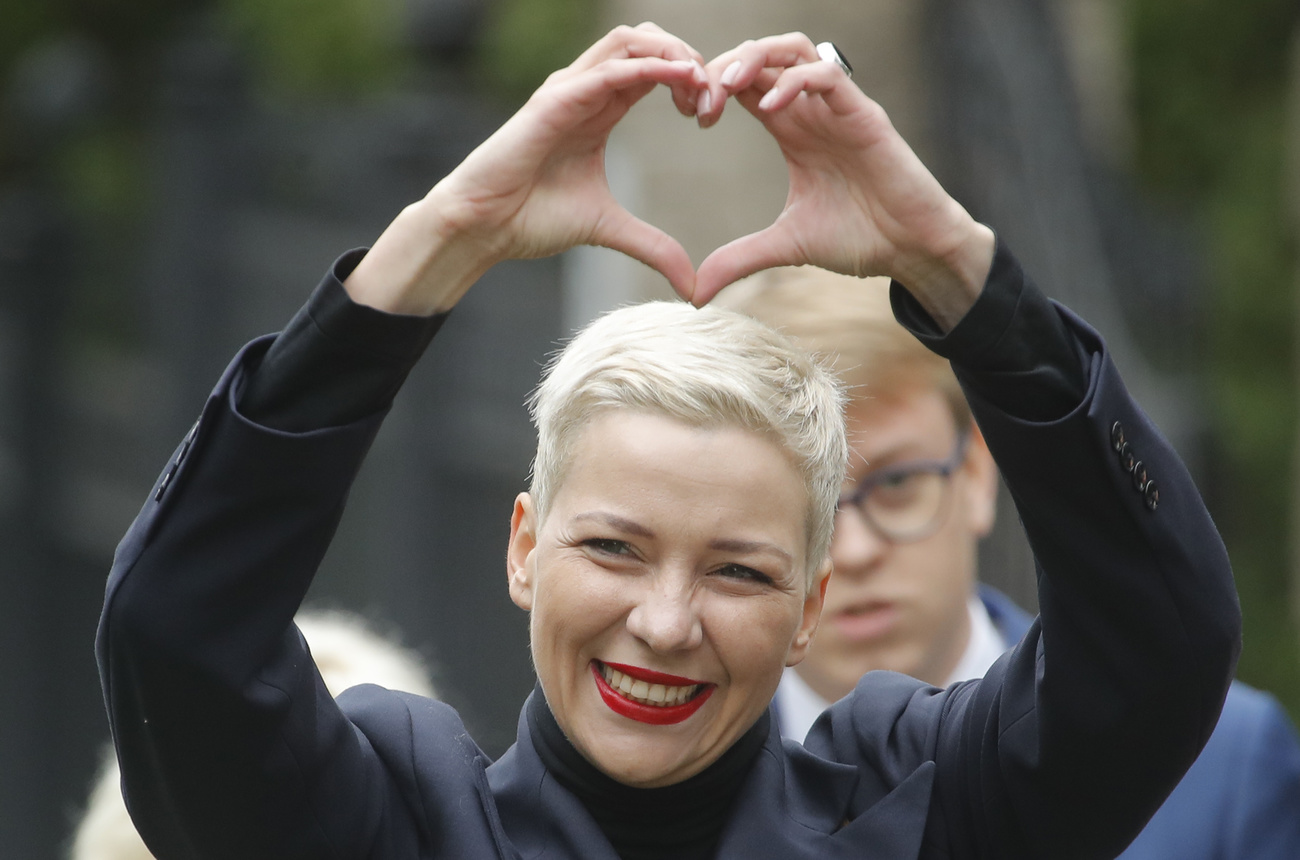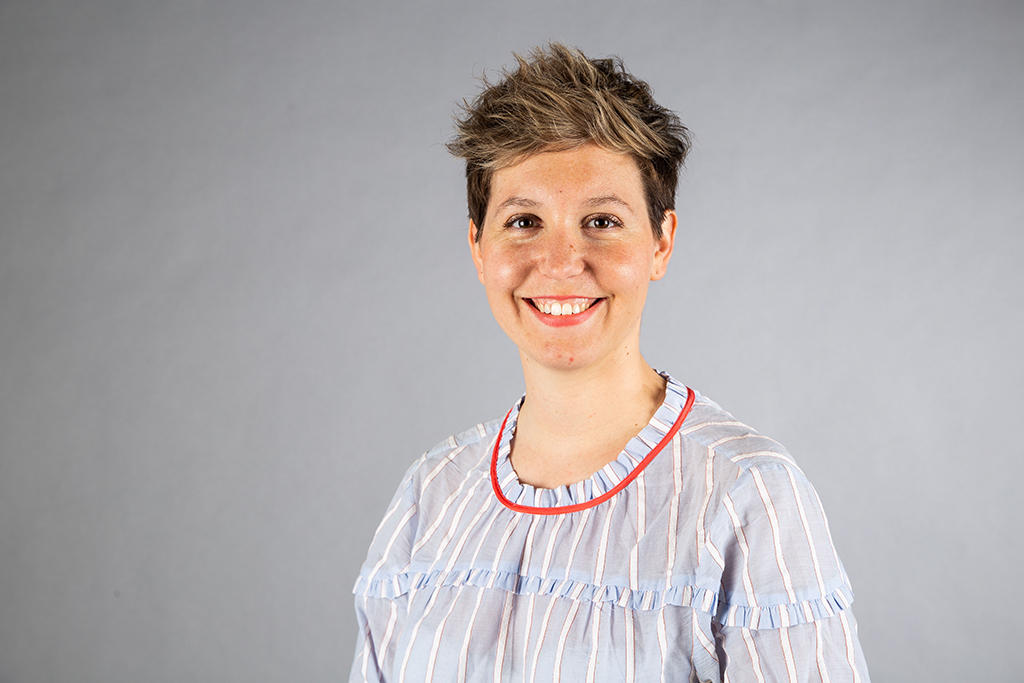What is feminist foreign policy?

Twenty years ago UN Security Council Resolution 1325 called for women to become more involved in the areas of conflict prevention, the peace process and security policies. Although the resolution has resulted in some achievements, women still play second fiddle in diplomacy.
During the peace talks in Colombia which began in 2012, female activists used Resolution 1325, which is considered the pillar of feminist foreign policy, to put pressure on the government and the FARC guerrilla movement to get women involved in the peace negotiations. Their efforts were not in vain: the 2016 peace agreement took gender issues into account.
Although not everyone is happy with the implementation of the peace deal in Colombia, women continue to fight for its compliance as it has a strong focus on improving women’s living standards. The likelihood of peace lasting for 15 years or more increases by 35% if women are involved in the process, according to a study in 2015,
Peace comes with dignity
“Resolution 1325 was initiated by women of the Global South,” explains Leandra Bias of the Swiss peace foundation swisspeace. “They demanded that their concerns be included in security policies.”
Resolution 1325, which is binding under international law, was unanimously adopted by the UN Security Council on October 31, 2000. It is considered a powerful support to feminist foreign policy.
“Feminist foreign policy aims to ensure that all people can lead a dignified life,” Bias says. “Real peace in the sense of creating a stable and non-violent environment can only be achieved if everyone is content.” The inclusion of minorities, combating poverty and ensuring access to education and health care all play an important part in this, she says.
What is feminist foreign policy?
The term feminist foreign policy is rather broadly defined.

“I was shocked when I first came across the term ‘feminist foreign policy’. After doing some research, I learnt that it meant female representation in foreign policy and peacebuilding,” says Yvette Estermann, a parliamentarian from the right-wing Swiss People’s Party and member of the House of Representative’s Foreign Affairs Committee. “I don’t find the term appropriate. It should be called “humane foreign policy”.
The term “feminist foreign policy” is so broad that it raises the question of whether it simply refers to a more ethical or humane foreign policy. Leandra Bias of swisspeace responds:
Claudia Friedl, who sits on the same Foreign Affairs Committee and is from the left-wing Social Democratic Party, disagrees. “The term is absolutely not inappropriate,” she says. “It’s about integrating women’s and girls’ human rights into a country’s foreign policy.”

There is a close correlation between gender equality, the protection of human rights, sustainable development and maintaining peace and security, she says. “I’m convinced that foreign policy can only be successful if gender issues are taken into account.”
Estermann also believes that peace is more sustainable if women are involved in the process. “Women act more humanely. They think more about the future and the consequences. Hence, it is important to include them in peace talks and peace missions.”
Bias added: “Peace cannot be sustainable long-term if those who used violence are the only ones sitting at the negotiating table. Civilians who are conciliatory and are truly interested in achieving peace have to be involved, and that’s often women.”
Implementation of the Resolution
“Signing is one thing; implementation is something else,” Estermann points out, saying the whole process needs people who implement this resolution with their hearts and souls.
“While it is important to see continued support for the Women, Peace and Security Agenda from the Security Council, we ultimately need more action, not words,” says Marissa Conway, co-founder of the Centre for Feminist Foreign Policy (CFFP). She says it’s been 20 years since the resolution was passed, but around the world women are only added to peace negotiations as an afterthought.
According to Conway, authoritarian political figures like US President Donald Trump denounce multilateral institutions, making it more important than ever to embrace a feminist foreign policy framework to build strong and collaborative relationships between states and communities to protect human rights.
“The best way to ensure sustainable peace around the world is through a Feminist Foreign Policy framework, where women’s rights and minority rights are centred in all policy decisions and not added on as afterthoughts,” she said.
Success and criticism
Leandra Bias says that because of the resolution sexual violence against women, and increasingly against men, has been internationally recognised and condemned as a method of warfare. In her view this is a success, but she criticises the implementation, arguing that in the global north it remains a mere policy tool.
“This leads to the assumption that only women in the global south need to be protected. It paints a colonial picture that white men save black women because black men are more brutal.” She says it also consolidates the view that sexual violence is not a problem in Switzerland.
Estermann, who was born and grew up in what is now Slovakia, is of a different opinion. “In the civilised world of Central Europe, women are sufficiently involved in all processes. We can vote and be voted for, we can take on management positions and get an education,” she says. “We have to differentiate clearly between us and those women around the world who do not have these options. There’s certainly still a lot of work that needs to be done, where we could get involved – and that’s what we’re doing.”
How good is Switzerland?
Switzerland has implemented national action plans for the Women, Peace and Security Resolution and has published corresponding reports. The latest action plan aims to bring more women to the negotiating tables in the next few years and deploy more Swiss women as mediators in areas of conflict. The presence of women in the Swiss army, the police force, military justice, security policy and peace-building operations should also be strengthened.
Bias coordinates the project “Civil Society Contribution to the Implementation of the Swiss NAP 1325” of the Swiss Platform for Peacebuilding. The project’s aim is to include civil society’s experiences and know-how when implementing the Swiss National Action Plan.
In 1956 Switzerland became the last European country to open its doors to women in the areas of foreign policy. The share of women in Swiss foreign policy has increased notably only in the past few years.
Friedl considers the resolution’s implementation to be “partially positive”. One example is Switzerland’s role in involving women in the peace negotiations in Syria. “This was an important step, but much more needs to be done.”
She also mentions the issues with policy coherence. “Peacebuilding and mediation in crises do not really go with hand in hand with arms exports.”
Estermann welcomes the fact that the Swiss peacekeeping mission in Kosovo is 20% women, even though women make up less than 1% of the Swiss army. “Switzerland has done its homework,” she says.
Even though Switzerland could do better in implementing feminist foreign policy, it is a pioneer when it comes to the collaboration between government and civil society.
The foreign ministry cooperates with NGO swisspeace in the implementation of the UN resolution. The direct and equal involvement of an NGO strengthens civil society which is one of the goals of the resolution. The foreign ministry has even financially supported the NGO’s shadow report, in other words it paid for its own criticism.
(Translated from German by Billi Bierling)

More
Belarus: ‘Women protesters experience less violence than men’

In compliance with the JTI standards
More: SWI swissinfo.ch certified by the Journalism Trust Initiative












Join the conversation!